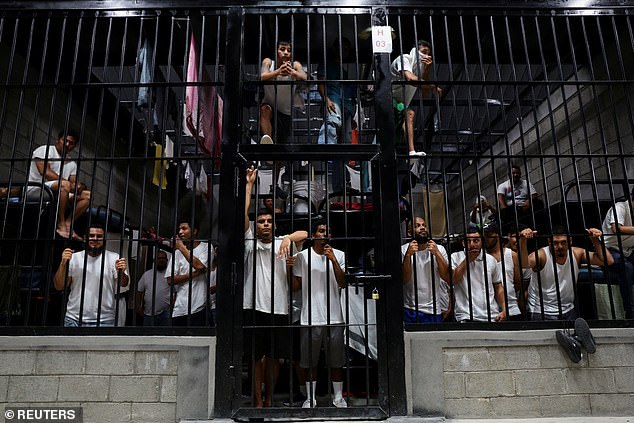
Mars Colonization Could Mimic Prison Life: Expert Warns of HMP Red Planet Challenges
Life on Mars Could Feel Like a Prison, Expert Warns
As humans prepare to colonize Mars, they’ll face one of the solar system’s harshest environments. But according to space systems engineer Professor Lucy Berthoud, life on the Red Planet may surprisingly mirror another extreme setting: Earth’s prisons. From isolation to cramped quarters, astronauts and inmates share striking similarities in their daily struggles.
Cramped, Dangerous Living Spaces
Mars colonists will endure extreme confinement, much like prisoners. European prison standards allot 4 square meters per inmate, but overcrowding often reduces this. Similarly, NASA’s Apollo module provided just 6.2 cubic meters for three astronauts (image: Apollo capsule interior). On Mars, limited resources and survival priorities could force settlers into comparably tight habitats. Prolonged confinement heightens stress and conflict risks, compounded by the ever-present dangers of both environments—whether Martian radiation or prison violence.

Cramped quarters in Honduran prisons (left) vs. conceptual Mars habitats (right) highlight shared spatial challenges.
Rigid Schedules, Zero Autonomy
Prisons and space missions enforce strict routines. Inmates have regimented schedules for meals, work, and rest. Astronauts on the International Space Station (ISS) follow 15-hour days with just one hour of free time—a structure that can erode mental health. “Lack of autonomy leads to frustration, even rebellion,” says Berthoud. NASA astronauts have resisted overly controlled workflows, underscoring the need for flexibility in Mars missions.
Food Monotony
Both groups grapple with unappetizing meals. Prisons spend £2.70 daily per inmate, often resulting in low-quality food. While astronauts enjoy better-funded meals, ISS crews still struggle with bland, processed options. Poor nutrition risks weight loss and morale, a critical concern for multi-year Mars missions.
Isolation’s Mental Toll
The deepest parallel is isolation. Prisoners lose contact with loved ones; Mars astronauts, 140 million miles from Earth, face delayed communication and a six-month minimum return trip. “The distance exacerbates loneliness,” Berthoud notes. Even voluntary isolation in space can trigger depression, akin to incarceration’s psychological impact.

Designing a Better Future
Berthoud argues that Martian habitats should prioritize privacy, autonomy, and meaningful tasks to combat stress. These principles could also reform prisons: “More space, purpose, and personalization would benefit everyone in high-stress confinement.” By reimagining both extremes, humanity might improve safety and sanity—whether on Mars or Earth.
Mars Facts
- Distance from Earth: 140 million miles
- Day length: 24.6 hours
- Gravity: 38% of Earth’s
- Temperature: Avg. -80°F (-62°C)
While challenges abound, addressing the human factor could make Martian life not just survivable, but sustainable.


